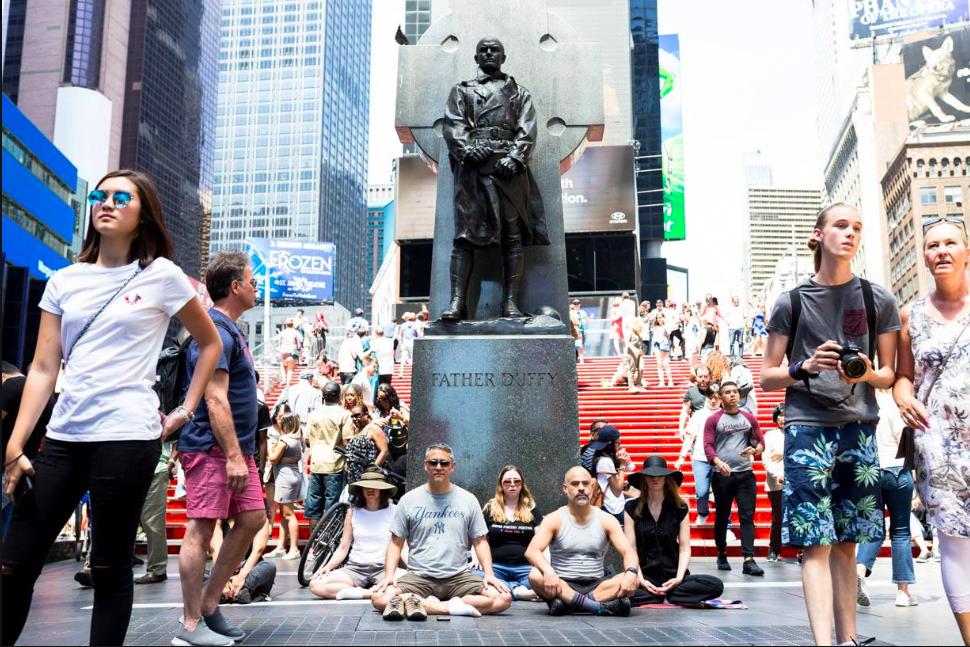Steve Hagen is the author of one the best selling Buddhist books of our time: “Buddhism Plain and Simple”. One of the reasons why is that he does not espouse a system of beliefs but rather focuses on the practice without the trappings or traditions that sometimes– for some people– obscure the point of a sitting practice. That point being nothing more than becoming more aware of the present moment.
Here is audio for some of Steve Hagen’s basic sitting instruction
Here is the first two pages of the introduction to Buddhism Plain and Simple:
As the new millennium dawns, most of us have lost faith in our ancient storybook versions of the world. With the development of science, many of us have come to see the universe as an inconceivably strange, vast, complex, impersonal, multi-dimensional, and perhaps meaningless real of mind and matter.
We may feel forced to deal with this loss of faith by going to one of two wretched extremes. Etiher we blind ourselves to our predicament and attempt to escape via drugs or alcohol or our careers or any of innumerable belief systems, or we face the woeful prospect that we’re intelligent creatures living in a meaningless world.
Many of us act as though we could find fulfillment if only we possessed enough money, enough security, enough respect, enough love, enough faith, enough education, enough power, enough peace, enough knowledge, enough… something.
There are others among us, however, who don’t (or can’t) buy into this. They sense that real security is impossible to attain. For they know that even if we could manage to accumulate all we desire, it will be inevitably taken from us by death. Our mortality looms above us, as terrifying as it is certain. We seem utterly stumped. How can we possibly find peace under these conditions?
Not only do we feel imprisoned by our ignorance, we seem doomed to remain that way. As Yang Chu, the forth century B.C.E. Chinese philosopher put it: “We move through the world in a narrow groove, preoccupied with the petty things we see and hear, brooding over our prejudices, passing by the joys of life without even knowing that we have missed anything. Never for a moment do we taste the heady wine of freedom. We are as truly imprisoned as if we lay at the bottom of a dungeon, heaped with chains.”
What is the basic human problem that no apparent remedy will cure? What is our existence all about? How can we ever possibly comprehend the whole of it? And yet isn’t knowledge of the Whole– knowledge that’s not relative or dependent on changing conditions– precisely what would be required to free us from the doubts and dilemmas that cause us so much pain and anxiety?
We long to be free from our confusion and discontent, not to have to live out our lives chained helplessly to uncertainty and fear. yet we often do not realize that it’s precisely our confused state of mind that binds us.
There is a way to move beyond this ignorance, pessimism, and confusion, and to experience– rather than comprehend– Reality as a Whole. This experience is not based on any conception or belief; it is direct perception itself. It’s seeing before signs appear, before ideas sprout, before falling into thought.
It’s called enlightenment. Its nothing more or less than seeing things as they are rather than as we wish or believe them to be.
This liberation of mind– this direct awareness of Reality as a Whole– is fully accessible to anyone willing to attend to their actual experience.


